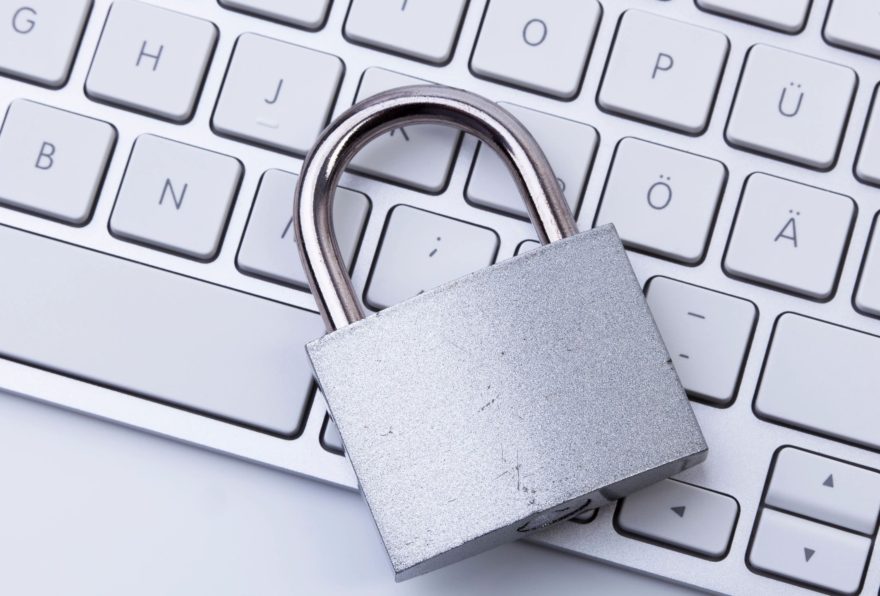A commonly overlooked piece of a person’s financial affairs is their digital footprint. In today’s digital world, online accounts to manage investments, savings, expenses, etc. are becoming more and more conventional. If tragedy strikes and you become incapacitated or if there is a death, would your family know how to access your online accounts? Where do you keep your usernames and passwords? Are they safe and updated regularly? Consider the following scenario:
Jane and her husband, Dave, died tragically in a car accident. Without direct knowledge of their parent’s total financial scope, Jane and Dave’s adult children had to rely on the paper trail their parents left behind to pay bills. Jane handled the majority of the couple’s finances for nearly 40 years, paid the bills regularly and kept very neat records; however, in recent years, she opted to receive electronic statements whenever possible. In Jane’s checkbook, there were many unknowns. For example, instead of recording a company’s name for their life insurance premiums, Jane stated only “LIFE INSURANCE” in their checkbook. The children were aware their parents had life insurance, but did not know which company held their policies. The paper records Jane kept did not match her recent payments because she had opted to have the most recent policy statements emailed. Their children faced the daunting challenge of finding online accounts they never knew existed. The solution took hours, over multiple days, of sitting on hold with calls to numerous companies to prove their identity and the death of their parents. Jane and Dave’s children could have been saved a lot of stress, frustration and tears had their parents prepared a record of their digital footprint.
Preparation is key. If something happens to you, would your loved ones be able to get into your email? Do they know how to access your bank accounts and pay bills on your behalf? Do they know if you have a will, and if so, where is it located?
It is getting increasingly more important that people not only document critical information such as usernames and passwords, but that their loved ones know how to find AND access this information in a timely manner if necessary.
Financial institutions and many other companies will not receive notification when you pass away. If you do not have a digital executer appointed, your wishes remain wishes, not your desired reality.
Even some of the most well prepared people can overlook their digital legacy. Here are a few things you can do to prepare your loved ones for your passing.
- Make a list of your digital life. A spreadsheet format works well and is usually free. Acknowledge this list with your will and/or provide a printed copy/flash drive to the person you are designating as your digital executer. Consider computers and devices, email accounts, social media sites, shopping sites, billing sites, and financial accounts.
- The list should include instructions on how to access these accounts. Include the website address, username, password and answers to any security questions when accessing the account.
- State your wishes. Once your digital executor has gained access to your accounts, what should he/she do? Delete the account, do nothing, or pass it on to an heir?
In some cases, passwords need to updated or changed. If this is the case, be sure to update this list each time a password is changed.
| Asset | Access | |||
|---|---|---|---|---|
| Name | Contents | Locations | User Name | Password |
| FSBT | Internet banking, bill pay | www.fsbt.com | ssmith | banking!9192 |
| ABC Insurance | Life Insurance | www.absins.com | S_Smith52 | lifeins-6162 |
| Acme Annuity | Annuities | www.annuities.com | smith.sara | Winter!9191 |
| Social Media | www.facebook.com | [email protected] | smile!55 |


Great post Joette!!